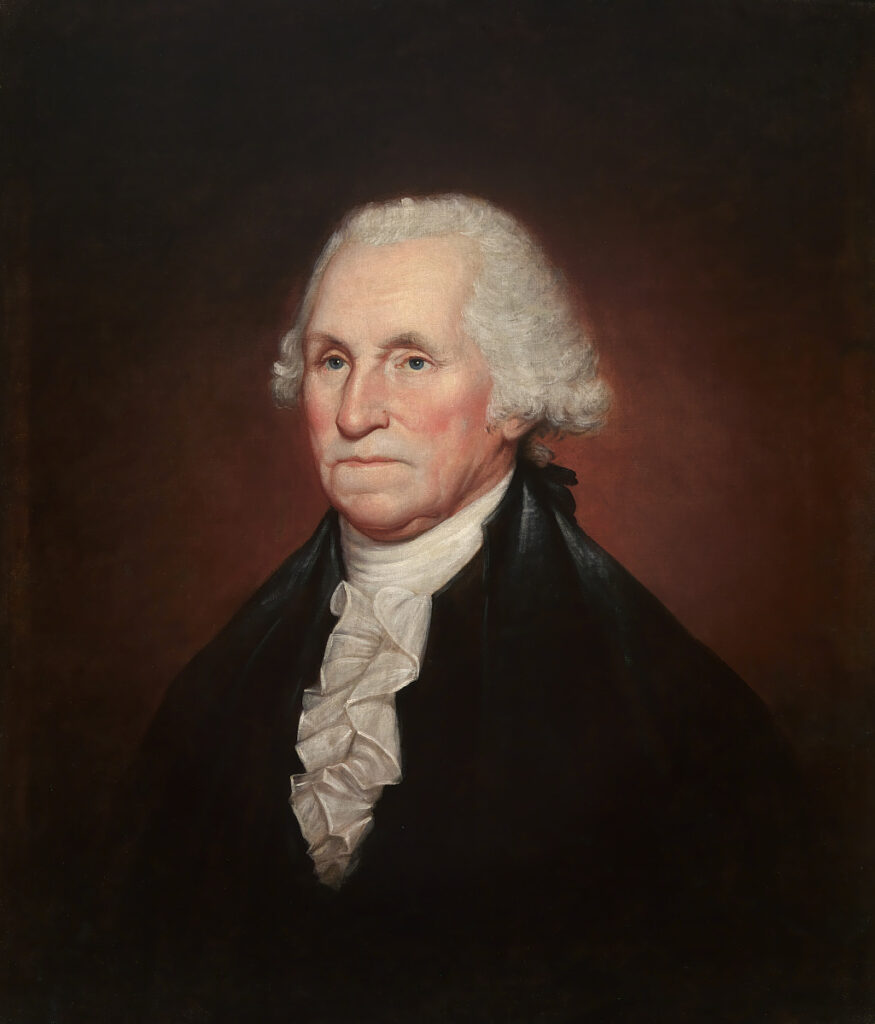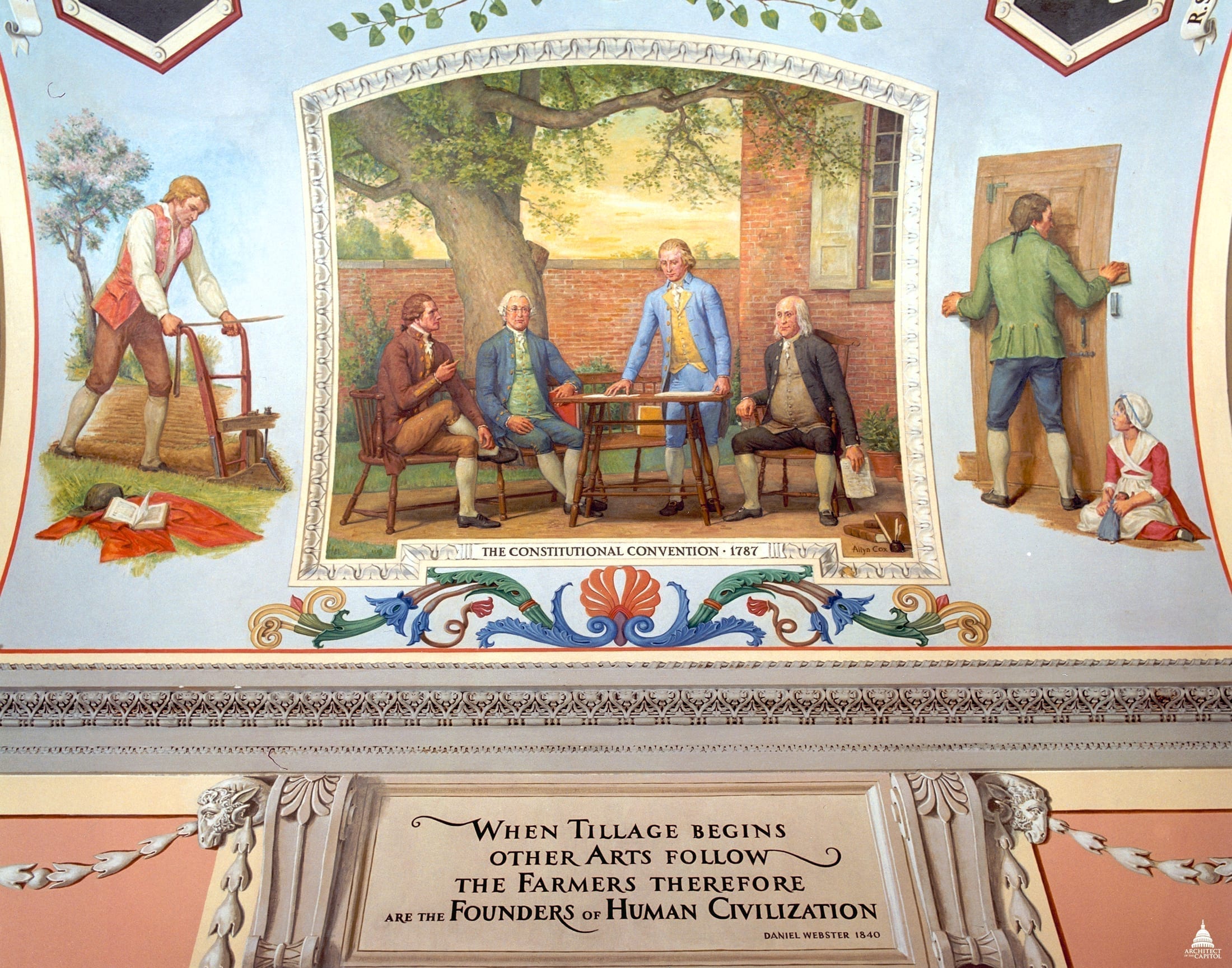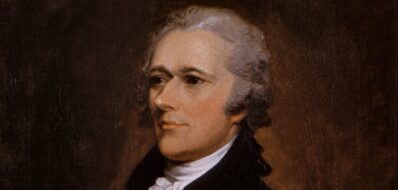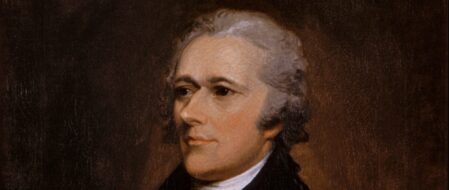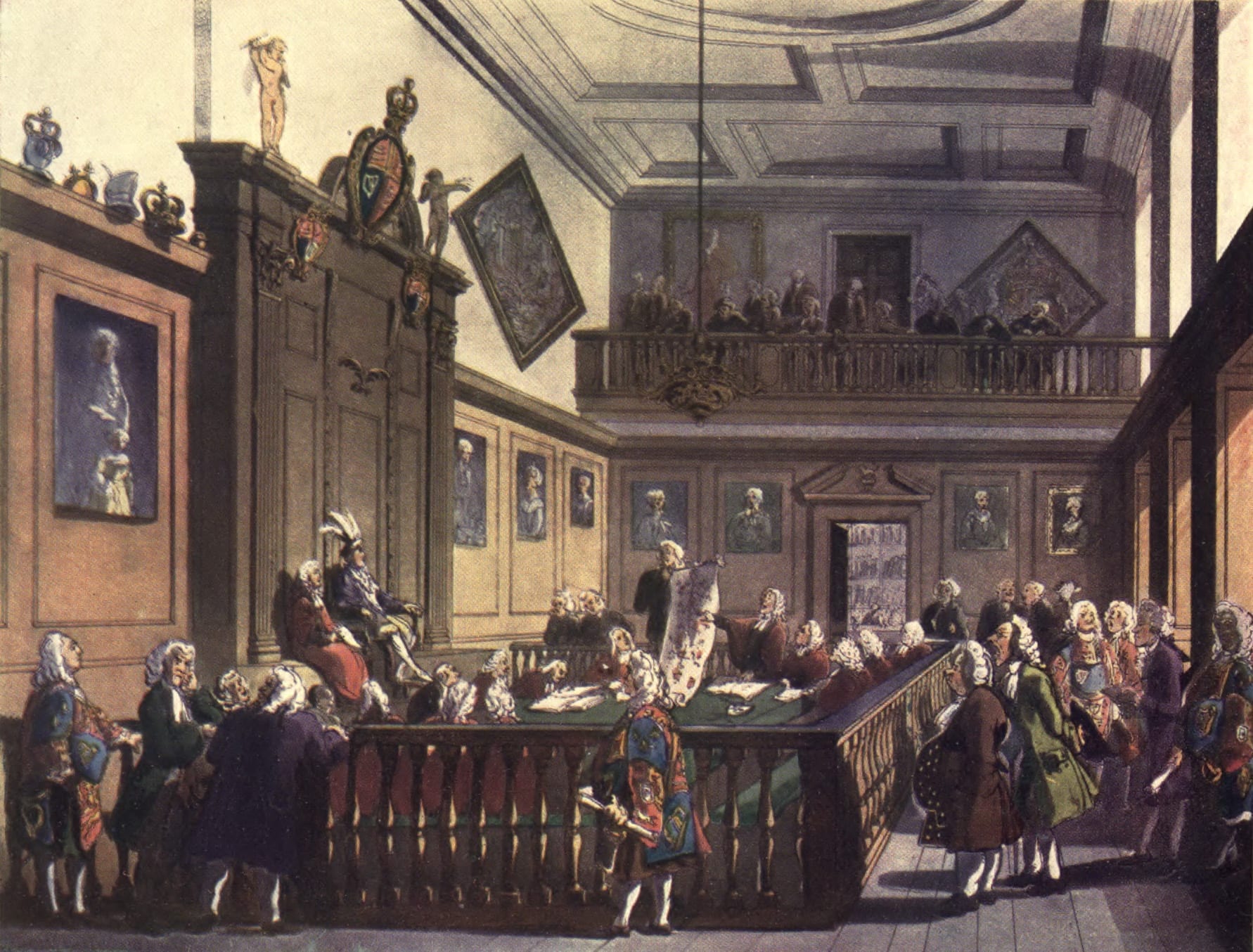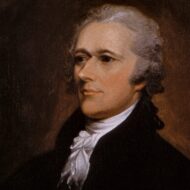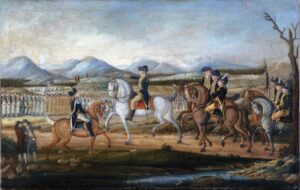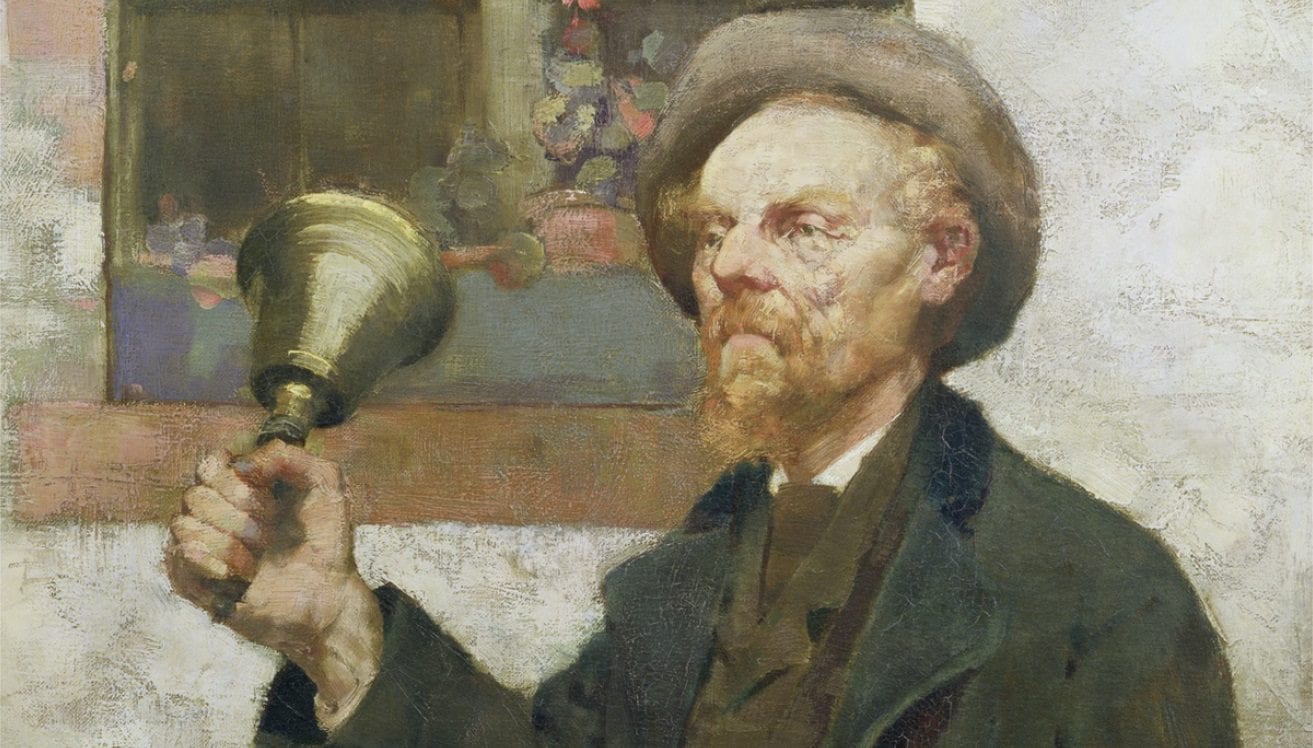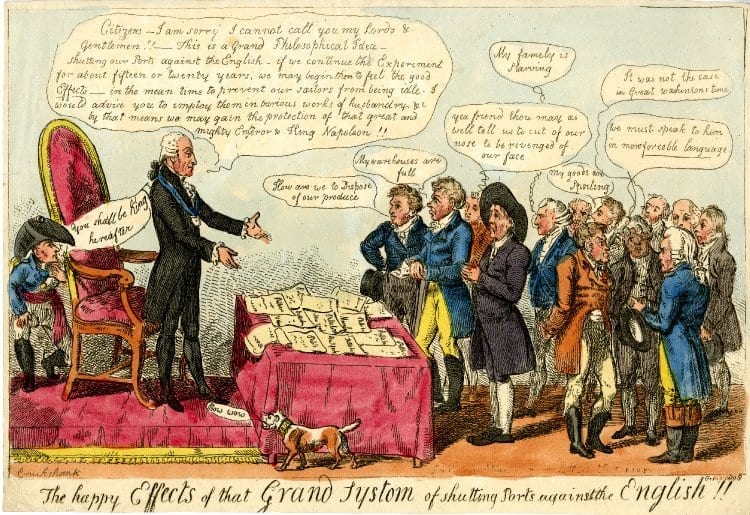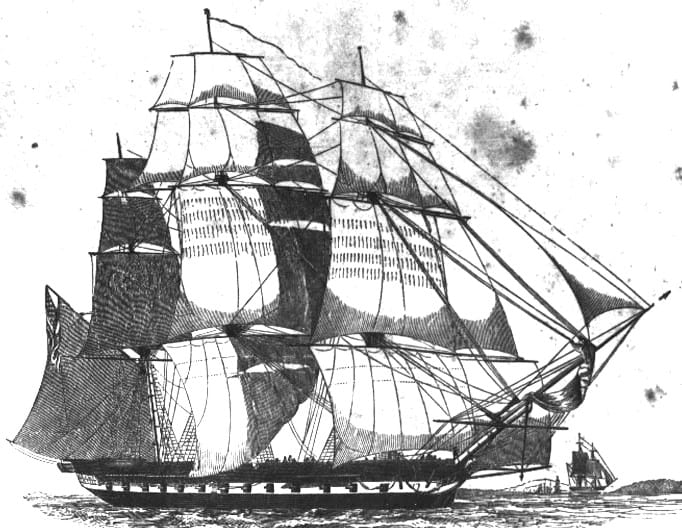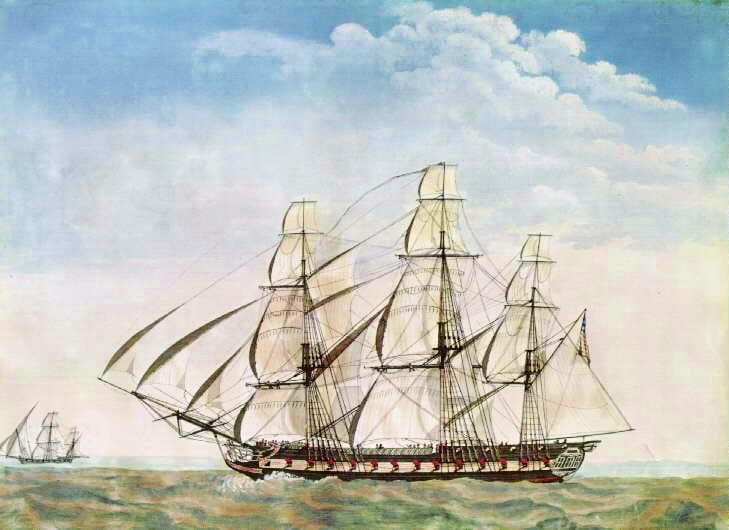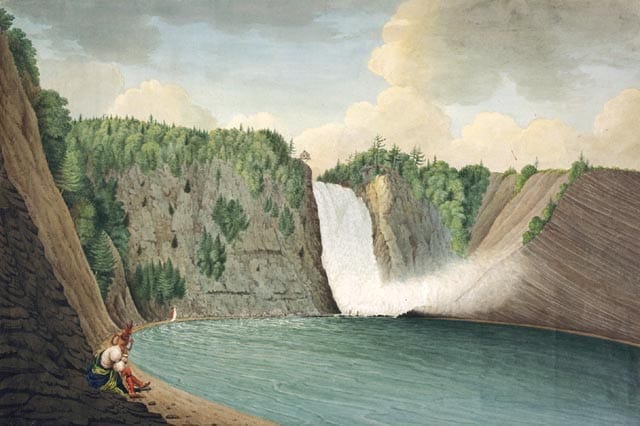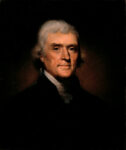“From George Washington to Lafayette, 28 July 1791,” Founders Online, National Archives, https://teachingamericanhistory.org/4ljh.
I have, my dear Sir, to acknowledge the receipt of your favors of the 7 of March and 3 of May, and to thank you for the communications which they contain relative to your public affairs. I assure you I have often contemplated, with great anxiety, the danger to which you are personally exposed by your peculiar and delicate situation in the tumult of the times, and your letters are far from quieting that friendly concern. But to one, who engages in hazardous enterprises for the good of his country, and who is guided by pure and upright views, (as I am sure is the case with you) life is but a secondary consideration.
To a philanthropic mind the happiness of 24 millions of people cannot be indifferent; and by an American, whose country in the hour of distress received such liberal aid from the French, the disorders and incertitude of that Nation are to be peculiarly lamented. We must, however, place a confidence in that Providence who rules great events, trusting that out of confusion he will produce order, and, notwithstanding the dark clouds, which may threaten at present, that right will ultimately be established.
The tumultuous populace of large cities are ever to be dreaded. Their indiscriminate violence prostrates for the time all public authority, and its consequences are sometimes extensive and terrible. In Paris we may suppose these tumults are peculiarly disastrous at this time, when the public mind is in a ferment, and when (as is always the case on such occasions) there are not wanting wicked and designing men, whose element is confusion, and who will not hesitate in destroying the public tranquillity to gain a favorite point. But until your Constitution is fixed, your government organized, and your representative Body renovated, much tranquillity cannot be expected; for, until these things are done, those who are unfriendly to the revolution, will not quit the hope of bringing matters back to their former state.
The decrees of the National Assembly respecting our tobacco and oil do not appear to be very pleasing to the people of this country; but I do not presume that any hasty measures will be adopted in consequence thereof; for we have never entertained a doubt of the friendly disposition of the French Nation toward us, and are therefore persuaded that if they have done tiny thing which seems to bear hard upon us, at a time when the Assembly must have been occupied in very important matters, and which perhaps would not allow time for a due consideration of the subject, they will, in the moment of calm deliberation, alter it and do what is right.
I readily perceive, my dear Sir, the critical situation in which you stand, and never can you have greater occasion to show your prudence, judgment, and magnanimity.
On the 6 of this month I returned from a tour through the southern States, which had employed me for more than three months. In the course of this journey I have been highly gratified in observing the flourishing state of the Country, and the good dispositions of the people. Industry and economy have become very fashionable in these parts, which were formerly noted for the opposite qualities, and the labours of man are assisted by the blessings of Providence. The attachment of all Classes of citizens to the general Government seems to be a pleasing presage of their future happiness and respectability.
The complete establishment of our public credit is a strong mark of the confidence of the people in the virtue of their Representatives, and the wisdom of their measures; and, while in Europe, wars or commotions seem to agitate almost every nation, peace and tranquillity prevail among us, except on some parts of our western frontiers, where the Indians have been troublesome, to reclaim or chastise whom proper measures are now pursuing. This contrast between the situation of the people of the United States, and those of Europe is too striking to be passed over, even by the most superficial observer, and may, I believe, be considered as one great cause of leading the people here to reflect more attentively on their own prosperous state, and to examine more minutely, and consequently approve more fully of the government under which they live, than they otherwise would have done. But we do not wish to be the only people who may taste the sweets of an equal and good government; we look with an anxious eye to the time, when happiness and tranquillity shall prevail in your country, and when all Europe shall be freed from commotions, tumults, and alarms.
Your friends in this country often express their great attachment to you by their anxiety for your safety. Knox, Jay, Hamilton, Jefferson remember you with affection; but none with more sincerity and true attachment than etc.


